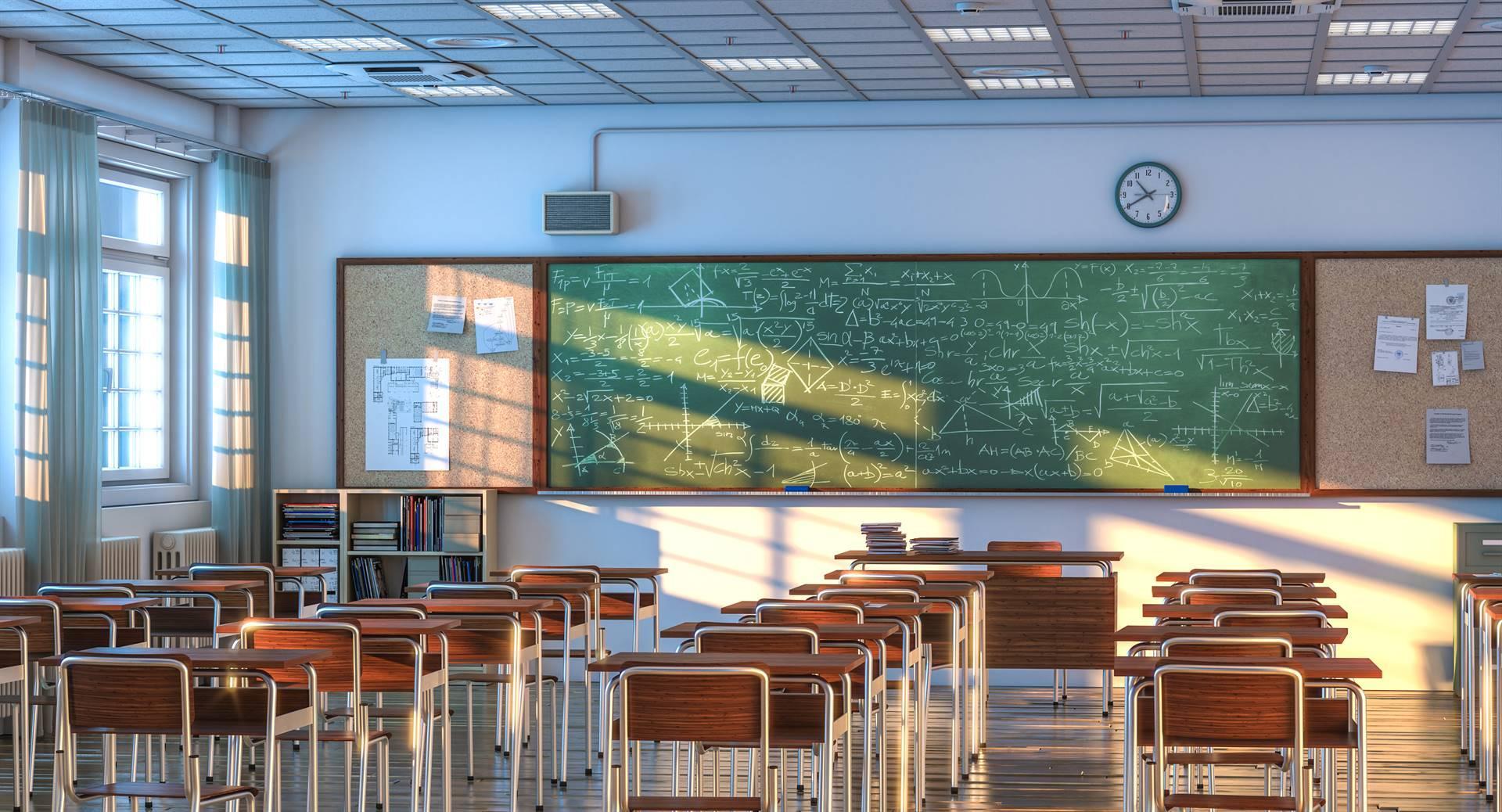Africa-Press – South-Africa. Deliberations between opposition parties and the ANC on the controversial Basic Education Laws Amendment (BELA) Bill got stuck on whether a single government official should be given wide-ranging control of a school.
On Thursday, the Portfolio Committee on Basic Education concluded its clause-by-clause deliberations on the BELA Bill.
From the start, DA MP Baxolile Nodada vehemently opposed the proposal to give the head of department (HOD) the power to make sweeping changes at schools.
Earlier this week, News24 reported that the bill gives a head of department arbitrary powers to direct a public school to adopt more than one language of instruction and regulate pupil admissions.
“The BELA Bill in its current form will disempower communities and schools from making decisions on their admission and language policies. We will not allow the ANC to push their agenda through Parliament and further wreck the education of millions of learners,” Nodada said.
ACDP MP Marie Sukers said several provinces rejected the bill, and discrepancies in figures make it likely that most South Africans who commented rejected it.
“This looks to be a major defeat for the ANC, who would like to argue that the bill was supported by the majority of submissions as they try and steer the bill through the National Assembly – and through what looks like what is going to be an equally contentious National Council of Provinces public consultation process,” she said.
FF Plus MP Wynand Boshoff said the ANC and EFF MPs were resolutely supporting clauses giving the government more power.
Boshoff said:
He added that they will follow all parliamentary channels before considering steps outside the legislature.
The bill proposes to amend the South African Schools Act (SASA) of 1996 and the Employment of Educators Act (EEA) of 1998 to align them with developments in education.
It aims to amend certain definitions, make Grade R compulsory, and improve admission systems for pupils in public schools. It proposes amendments that regulate homeschooling.
The bill provides for financial and public accountability frameworks for governing bodies and provincial departments. It gives the Basic Education Minister additional regulatory powers and enhances the decision-making and oversight powers of heads of departments and members of executive councils.
The bill also proposes technical and substantive adjustments, clarifies certain existing provisions, inserts provisions in existing legislation and strengthens enforcement mechanisms for offences and penalties.
Committee chairperson Bongiwe Mbinqo-Gigaba said: “The last few days of deliberations on the Bill clearly shows that the committee took all inputs made by members of the public and stakeholders into consideration. We had constructive and fruitful engagements. Even on matters where members disagreed, we did so respectfully.”
The committee will meet again in the next two weeks.
For More News And Analysis About South-Africa Follow Africa-Press






